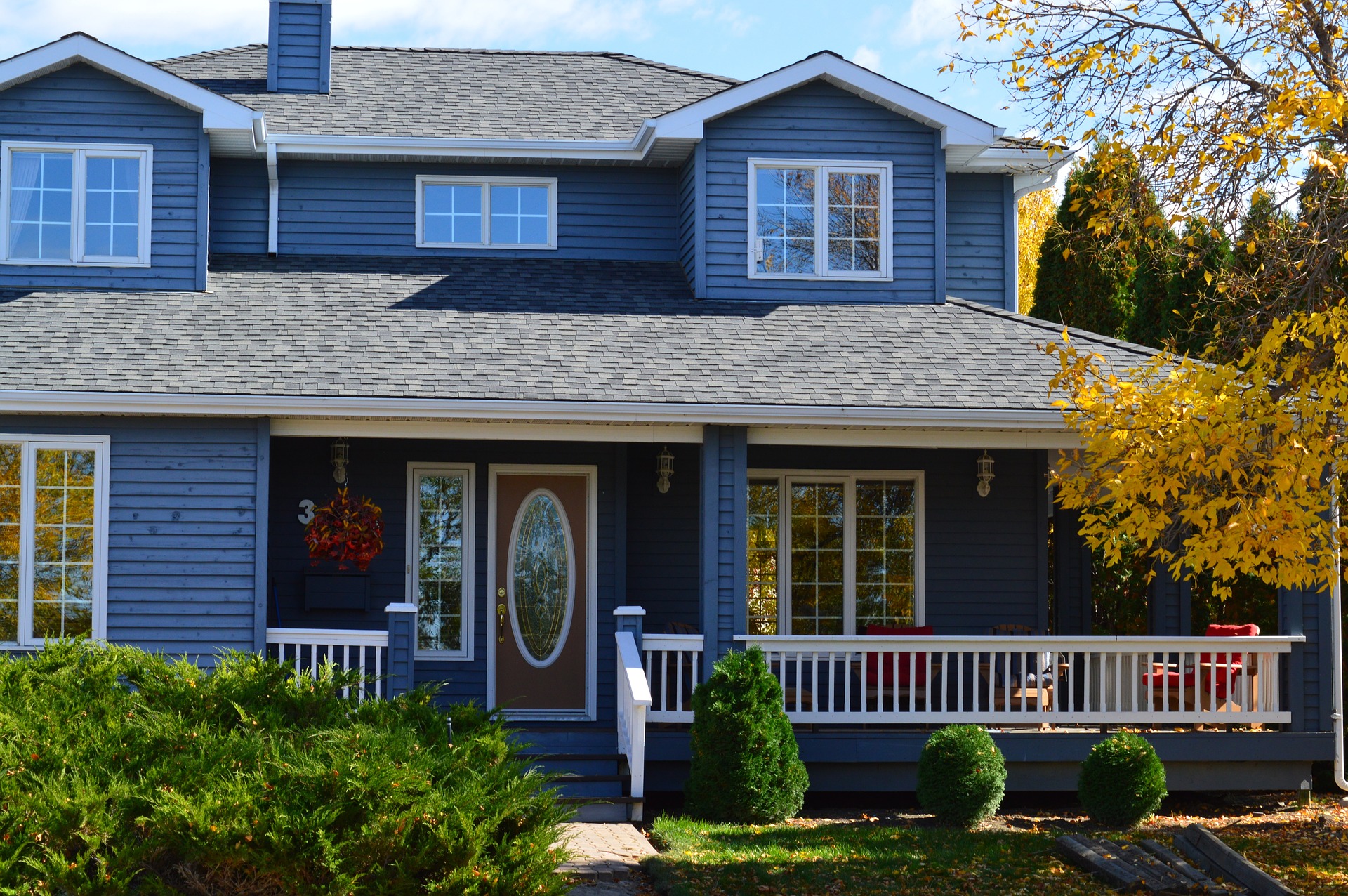Your roof is a part of your home that you can generally install and largely ignore. You can be assured that a well-installed and constructed roof will last for 15-40 years based upon materials, so it is easy to think it “out of sight, out of mind.” While this may be true in normal wear and tear scenarios, here in the Sarasota area we are often subject to severe storms and harsh weather which can cause damage no matter the age of your roof.
That is why inspecting your roof after any major storm is a good practice to employ.
Even the slightest sign of damage should not be ignored, as a small leak can begin to cause major damage.

Safety First
By its very nature, inspecting your roof may be dangerous – so make sure that you feel comfortable going up there! Wait until the roof surface is dry, wear non-slip shoes, and take your time. Make sure that there are no downed power lines in the local area. Remember, the professionals at Avery Roof Services are always happy to come out and inspect the roof for you, which is recommended versus getting up there yourself!
Check for Tile Damage
With asphalt tiles, look for missing tiles, eroded tiles, or tiles that may have been damaged. Take a close look, because even a small vulnerability in your tiles can allow water intrusion and further damage. Tiles may have lost adhesion, ripped, or have edges curling up. Clay tiles may be broken, cracked or missing.
Take note of each instance of needed repair that you find.
Check Drainage Systems
Your roof can sag or collapse if water begins to accumulate. You will want to make sure that water is not retaining anywhere due to storm damage. Inspecting your roof includes checking drainage and ventilation systems. Make sure gutters are clear of debris, connected properly to the roof, and draining water correctly. Anyplace your roofing comes to a “V”, check for damage.
Chimney and/or Skylight Openings
When you check your roof after a major storm, be sure to inspect any chimney and skylight apparatus on the roof. These provide likely problem areas for water damage, Remember, water may cause leaks, but it can also create a breeding ground for mold and mildew. Check your flashing as well.
Check the Ceiling
Although small issues on your roof are unlikely to cause interior leaks in the short term, the storm may have aggravated a problem that you did not know existed. Check your interior ceiling on a regular basis looking for dark spots or signs of water damage.
Inform Your Insurance Carrier
If you determine that your roof will need any repairs, no matter how minor, document the damage with photos. Call a local roofing contractor to give you an official estimate for repair to send to your insurance company.
If you have any concerns at all that your roof may have been compromised or damaged, don’t wait to act. It is best to determine the extent of the damage and rectify any issues in a timely manner so as not to cause any further damage. Be safe, and let Avery Roofing Services know if we can help you with this or any other roofing issue.


